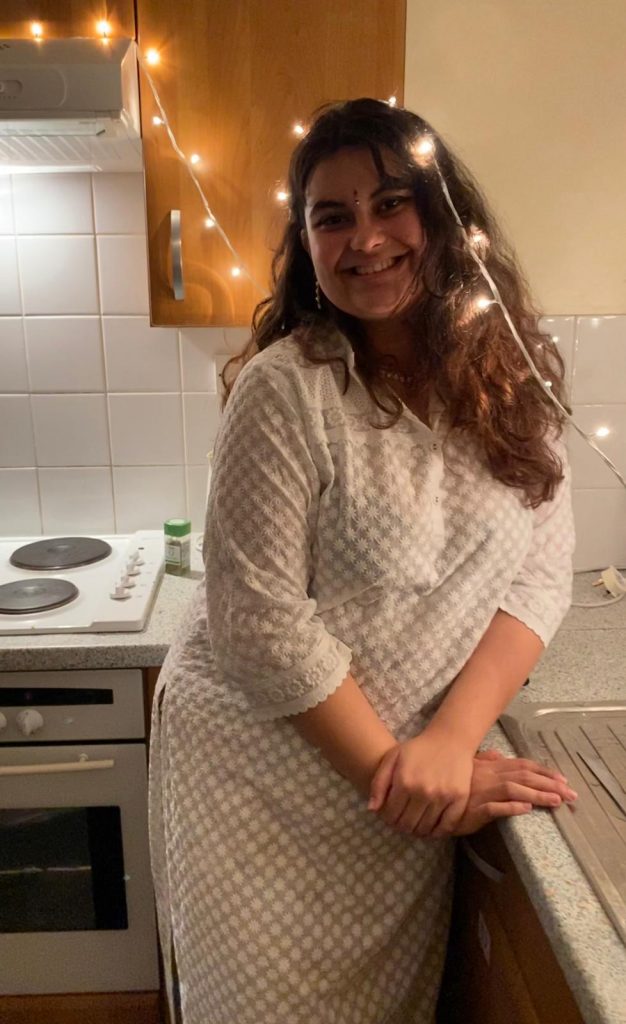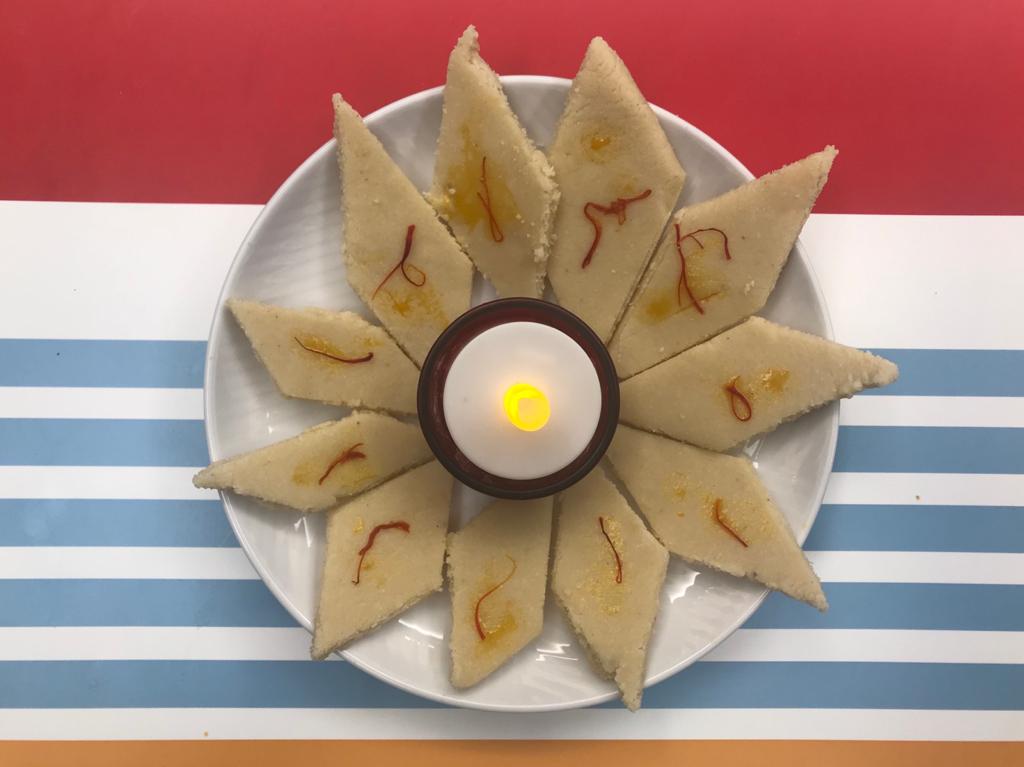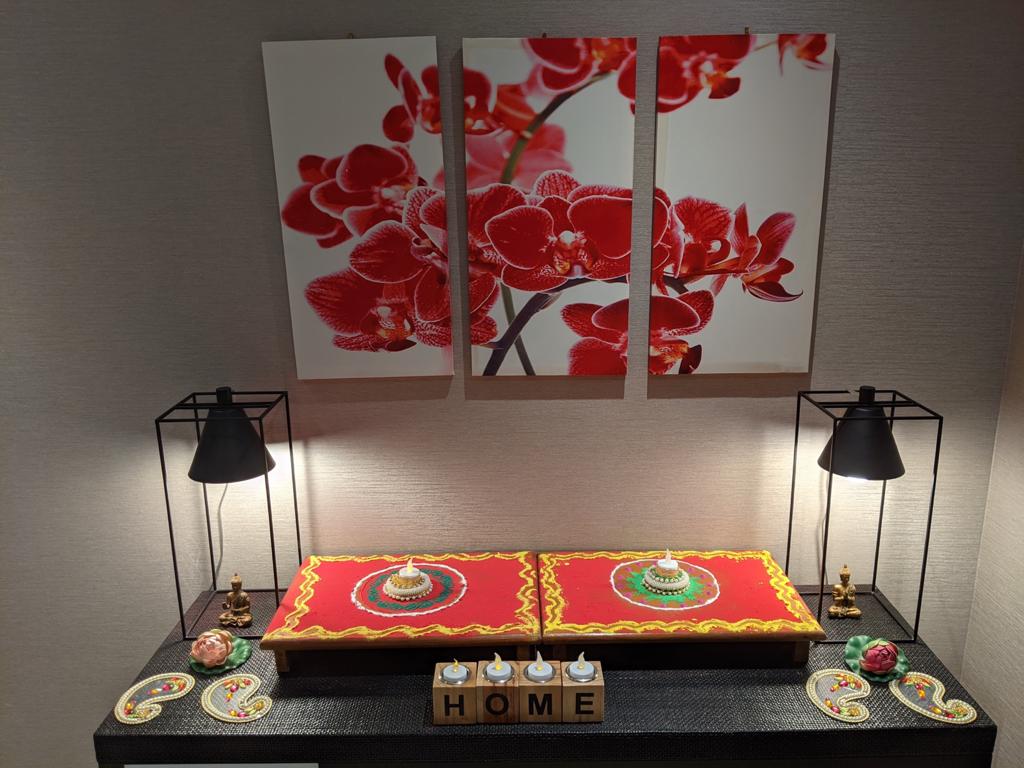Cultural traditions had to be celebrated under strict covid regulations due to the ongoing pandemic. Ece Kilicarslan looks into how the University of Essex students celebrated Diwali and what has been done to make the best out of the situation.
Celebrating our differences, as well as our common interests, are key to building a strong bond in our community. These celebrations not only give us a sense of belonging and a way to express what is important to us but they also connect us to our history and foster respect for other cultures. With the UK having a second lockdown, many cultural traditions such as Diwali had to be celebrated under strict COVID-19 restrictions. Despite the usual gatherings of friends and families being impossible because of the COVID- 19 pandemic, there have been virtual events to keep the festive spirit going and to ensure the continuity of the community feeling. We spoke to University of Essex students to learn more about Diwali and how they celebrated it under strict lockdown conditions.
So what exactly is Diwali? Diwali which is known as the festival of lights is celebrated in a five days period by millions of Hindus, Sikhs and Jains across the world with the purpose of marking new beginnings. Diwali is also accepted as the triumph of good over evil and light over darkness. The festival usually takes place between October and November, with the date changing each year. This year, Diwali began on Thursday 12 November and lasted for 5 days to mark a new (and hopefully a much better) beginning.
Under normal circumstances, the festival is celebrated through lights on the streets and oil lamps (known as diyas) in houses, visiting relatives, dressing up and having feasts with lots of tasty savoury foods and delicious sweets. Unfortunately, this year people were forced in the United Kingdom to change their celebrations due to the coronavirus outbreak. The national lockdown restricted people across England from visiting more than one person outside of their household and strictly banned people mixing indoors.
Due to these strict restrictions, the usual feast plans, light displays and decorations which are normally shared with family members and close friends were hindered. Additionally, many students were either forced to celebrate Diwali in their student accommodations or in their family homes isolated from the student community.
Annanya Istwal, a first-year psychology student at the University of Essex who recently moved to the United Kingdom from India to commence her university studies at the beginning of October 2020. She told us that she stayed in her student accommodation and celebrated Diwali with her new flatmates. It was her first time celebrating Diwali away from home.
For Annanya, Diwali marks new beginnings. Having a similar motivation to celebrate this festival, it is also a time for her to spend time with her loved ones, and share the love for each other through small gifts of appreciation, much like Christmas in western culture. Although Annanya was not able to spend the festival with her family in India and had to celebrate it under strict covid regulations, she was determined to make the day as special as possible by spending time cooking and decorating the kitchen with her flatmates. She thinks celebrating Diwali with her flatmates through preparation of a variety of food, sitting together to share a meal and talking about their life experiences was something very special.

Just like Annanya, Surabhi Somani is a final year LLB law student at the University of Essex who also did not get the chance to celebrate Diwali on a grand scale. She was not able to celebrate this festival with her close friends and relatives in India. She celebrated Diwali with her parents and her younger brother in the confines of her home in London. When we asked Surabhi what Diwali means to her, she said it is “celebrating prosperity, good luck, starting the year on a positive side, bringing lightness into our lives and letting go of all the evil with its negative thoughts.” In order to keep the tradition going, she said they worked around the restrictions by decorating their house, making traditional foods such as barfi (an Indian sweet made with cashew nuts and pistachios) and by video calling their relatives in India. She also told us that she participated in a Diwali Bingo organised by her Indian community group in London.

Even though last year’s Diwali celebration was better for Surabhi as she got to celebrate with her grandparents from India, this year’s Diwali was a unique experience for her too. She said that she got the chance to spend more time at home with her immediate family. Diwali is normally celebrated in other people’s houses or with other people in general, so spending this Diwali with her immediate family was a unique experience for Surabhi. It also made her realise that Diwali can still be positively celebrated through communicating with friends over Zoom.

Even though Surabhi celebrated Diwali away from Essex, she thinks that she was still a part of the Essex community. She felt connected to her friends at Essex through texting and was still a part of the student community through virtual events organised by the Students’ Union and the University of Essex’ Indian Society.
What exactly did the University do to achieve this sense of community despite all the restrictions? Is it still possible to keep the spirit going via virtual events? We talked to the University of Essex Indian Society President, Husain Burhani, to learn more about what had been done to create a sense of community feeling for Diwali. Husain thinks that Diwali is the bonding of all cultures and communities across India and the world. This year as part of the Indian society, Husain and the rest of the executive committee organised a Talent Show and Dance Night alongside the Malaysian Society who also celebrated the festival. Multiple students showcased their talents and won various prizes. In addition to the talent show, they invited a Bollywood dance teacher as part of the Dance Night and had everyone dancing to Bollywood party music over Zoom. There is no doubt to say that there has been a great amount of effort put by both the Indian and Malaysian Society to keep the feeling of community and togetherness going.
Dancing over Zoom seems a bit abnormal at first but it seems like the feeling of community was definitely there to keep the festive spirit going . Husain also thinks that “this experience was unique as no one else was physically together and yet everyone was sharing this experience with another.” If it wasn’t for technology, that feeling of community and togetherness would not be able to shine through Zoom. We would not be able to communicate with our loved ones and share our best Diwali outfits with our close friends. Despite the restrictions, the University of Essex students were able to make the best out of this situation. They have all been isolated but were still connected to each other.
Even with all the COVID- 19 restrictions, students were able to keep the Diwali spirit going. As we are now approaching Christmas, the only thing we can hope for is that the Christmas spirit will be alive even under covid restrictions. From time to time, we may face restrictions but what makes us human is our values, traditions and the moments we share with each other. No matter what the circumstances are, we will always try our best to keep our values and traditions going.